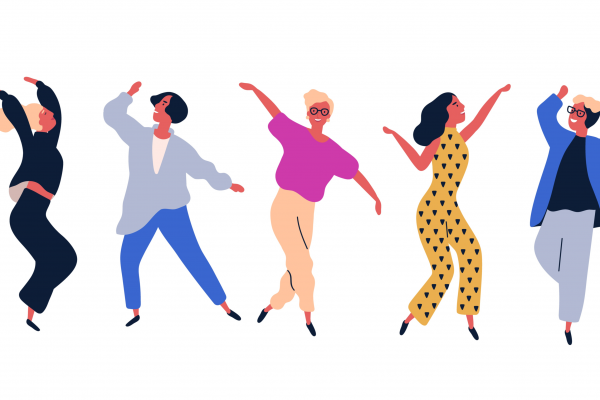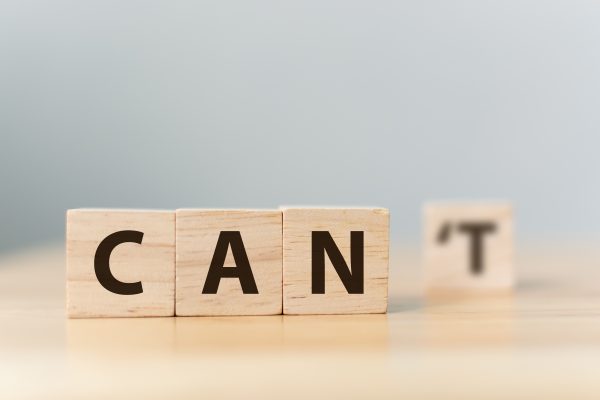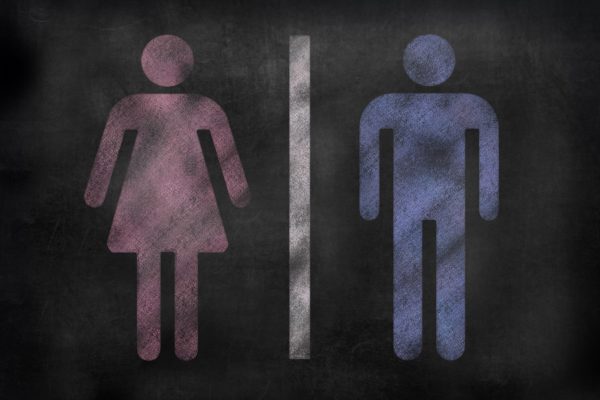Nakita Ross talks to us about life on the frontline, her struggle with PTSD and where the Antarctic challenge comes from?
Sistr had the honour of being given access to a frontline hero, Nakita Ross. Nakita is a member of the Fire Brigade in London whilst also fronting the charity group – Antarctic Fire Angels. The group’s challenge is awe-inspiring. Their aim is to become the 1st all-female team of firefighters to traverse the Antarctic using muscle power.
Why did you become a firefighter?
I knew I was always interested in the public sector. Having come from a family of police officers and military it was inevitable. They were an inspiration for this choice. The message was clear, I wanted to help people, to be active and I knew being part of the public sector would allow me to do this. I had been an Air Cadet as a teenager and had a great passion for this. My parents had wanted me to go to Sandhurst to become an officer in the Army. However, I was in a relationship at the time and my boyfriend did not want me to go. My one “what if” moment! The relationship obviously did not last, so listen to your parents! They do know what they are talking about!!
A year later I applied for the Police and Fire Brigade and was accepted to both. My Dad was a retired police officer at the time and I turned to him for advice. He said that if there was any other job he wished he could have done, it was to be a Firefighter. And the rest is history!! Over 13 years later, I am incredibly proud of what I have achieved to date.
How do you mentally prepare to go to a call out?
It is definitely a skill you learn over time. You have to remain calm, allowing yourself to take on board everything that is happening around you. The way you react and respond to situations, it’s a great influence over other crew members and how an incident can be maintained.
Tell us a little about Grenfell and the Croydon Tram Crash and your PTSD diagnosis post these experiences?
I attended both at a time where there were no lives to be saved. The task was to recover those that sadly did not survive the incident. The Croydon tram crash was extremely difficult. I was due to start my first-day shift and heard the news when I awoke. I knew my day was going to be a difficult one. It was a stomach-churning moment, as I had grown up in this area. Is there a chance I might know someone? A victim? I told myself I just had to remain professional and continue to do my job. Sadly a day later, I learned that 2 of the victims were friends and relatives of close friends.
The news hit me hard and I did not have a supportive partner at the time. He would regularly offload his problems on to me and I would listen. When it came to asking for help, I was told to not talk to him about it. Go and get help elsewhere. As you guessed, that relationship ended shortly after that! Without going into further details about Grenfell, what I had to do on the ground there for 3 days took its toll.
How did you move forward?
It took a long time for me to get help. I had tried after the Croydon Tram crash but, sadly I just felt at the time this was not for me due to a few reasons. I became angry that I was not strong enough to deal with what I had seen. Other events from my career flashed back up and I detached myself from everyone. I was tired all the time. I didn’t want to look after myself and what was the point? I had failed as a Firefighter, at my job! The guilt of suffering when you weren’t first on the scene was also heavy on me. Surely my fellow firefighters that were there when lives could be saved deserved to feel like this? But not me.
But that all changed when I started to receive counseling. I needed to ask for help and I am so glad I did.
How do you deal with PTSD?
Accepting that I needed help. I do a job where I have to be tough, to be strong and now I realise that you can not be like this 24/7. I allowed myself to grieve the events I had encountered. You have to accept that all trauma is relative to that person. We have to stop comparing ourselves. Everyone can have their own black dog of depression, some may be the size of a chihuahua and others, a great dane! Still the same thing but, different to that individual.
What advice would you give to fellow PTSD sufferers?
You have to allow your mind to process trauma to allow it to heal. Talking is a big part of that. Of course, the normal advice of healthy eating, exercise, and rest is a part of it. But, surrounding yourself with people you can trust, to discuss how you feel and will continue to support you is the key. Be brave, be strong and I promise you it will get better.
What are the Antarctic Angels and what led you to form this group?
The Antarctic Fire Angels are the first team of 6 female firefighters to traverse the Antarctic using muscle power alone. Following a tough year of starting to tackle my PTSD, I attended the Women in the Fire Service Training and Development Event to teach Urban Search and Rescue to attendees. There was a keynote speaker each year and it was the turn of Sophie Montagne, a member of the Ice Maiden team. They were the first team of women to cross the Antarctic and sparked a fire!
What is your main goal of the challenge? What would be the top 3 things you’d like to achieve from it?
We want to tackle the stigma of mental health. We want to highlight mental health within emergency service workers and empower young girls and women to go forward and achieve their goals. We would love to see the number of women applying to become Firefighters continue to rise.
What link do you make between the challenge and mental health?
We are complete novices going into the unknown, which when tackling mental health can be quite similar! We are going into an extreme environment quite opposite to our role as Firefighters.
How is it helping you with your PTSD?
It has given me focus and a goal. It is not just for me but for all my friends and fellow firefighters that continue to struggle daily with their battle. I want to show those that are struggling with mental health that you can still achieve incredible things. Mental health does not define you, let it empower you.
Have your fellow adventurers come to the challenge with similar reasons?
Each member of the Team has their own story to tell, whether it be about mental health or the importance of encouraging young girls and women to not let their gender hold them back from reaching their full potential.
What are your main fears of the challenge and how do you hope to overcome them both before the adventure and during it?
The main fears? Actually raising the funds so we can get out there and achieve it! We had so many fundraising events p[lanned for this year but due to COVID19 it has set us back. We have continued to raise money for our charities however and are really proud of that through this difficult time.
We have interests in this becoming a documentary so hopefully, some companies that want to support our team and our vision will come forward to help make this happen. Other than that I know the whole team is 100% committed to making this expedition happen. They are training so hard, working on ideas, and spreading the Antarctic Fire Angel message!
What tips would you give to people dealing with anxiety?
Don’t be afraid to say that it is anxiety. It is not a failing to admit you are suffering and it really is ok to not be ok. It was only when I started describing my feelings to a friend she then realised that she too had been suffering. She had convinced herself that that was just the way she was and had accepted it. I started setting myself goals, small at first, and then getting bigger and bolder. Simple things like going for a walk on my own, then taking myself out on a “me” date! I know it sounds silly but if you cannot enjoy your own company and recognise your own feelings then you will struggle to tackle them head-on.
I told myself to also stop saying no or making excuses to going out to social events all the time. I would literally have a breakdown about the nerves of going somewhere I hadn’t been before, afraid of something I could not quite put my finger on. So start saying yes!! Start to have fun again! This leads on to make sure your circle of friends are supportive and positive; come away from those that do not have the same vision as you.
If you stood in front of your 10yr old self right now what advice would you give for the future? What would be the proudest achievements you’d tell her about?
You are a beautiful soul with so much to give, you will go forward to make a difference in this world. Continue to be kind, even to those that do wrong by you. Always listen to your gut instinct, you will not be wrong and it will save you many times. Keep being strong, keep being fierce, and most importantly be you.
If you’re struggling with PTSD or anxiety, remember you are not alone. Sistr has a huge network of professionals from all walks of life who are here to help. If you’d like to reach out to Nakita to understand her journey further or ask for advice, give us a shout. If you’d like to explore other advice then don’t let anything stop you reaching out to us.














